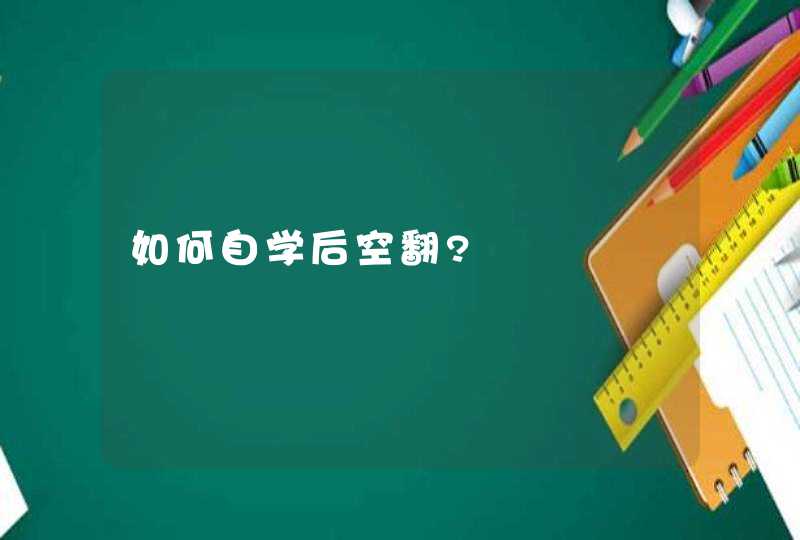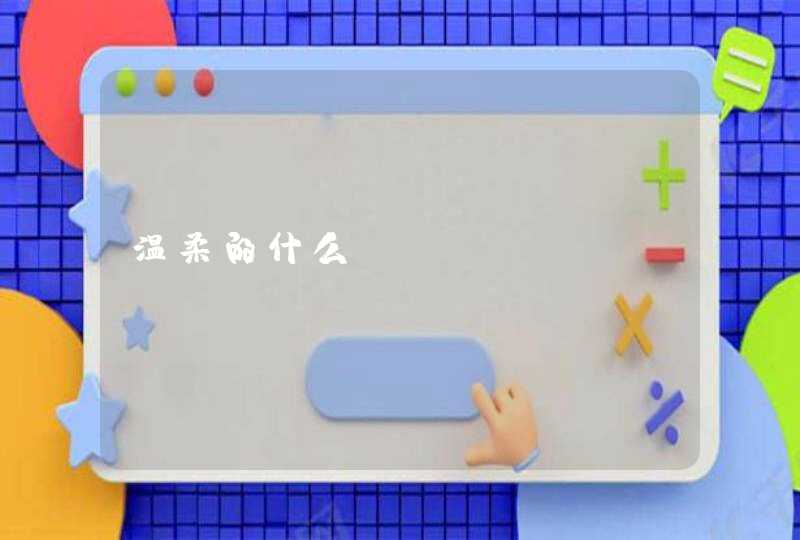春节的英文:the Spring Festival
一、Spring 读法 英 [sprɪŋ] 美 [sprɪŋ]
作名词的意思是:春天;弹簧;泉水;活力;跳跃
作形容词的意思是:春天的
作不及物动词的意思是:生长;涌出;跃出;裂开
作及物动词的意思是:使跳起;使爆炸;突然提出;使弹开
短语:
in spring 在春天
spring and autumn 春秋
hot spring 温泉
spring tide 大潮;涨潮
二、Festival 读法 英 [ˈfestəvl] 美 [ˈfɛstəvl]
作名词的意思是:节日;庆祝,纪念活动;欢乐
作形容词的意思是:节日的,喜庆的;快乐的
短语:
mid-autumn festival 中秋节
film festival 电影节
dragon boat festival 端午节
lantern festival 元宵节,灯节
例句:
1、he Spring Festival is only a week away.
离春节只有一周了。
2、The Spring Festival is drawing near.
春节快到了。
扩展资料festival的用法:
一、用作形容词
例句:We all wore festival costumes to the ball.
我们都穿著节日的盛装去参加舞会。
二、用作名词
例句:We all immersed in the gaiety of the Spring Festival.
我们都沉浸在春节的欢乐之中。
词语用法:
1、festival的意思是“节日”,多指民俗或宗教节日,用作专有名词时,其前须加定冠词有时还可指音乐、戏剧、电影等会演性的节日。
2、一般来说,由定语加名词festival组成的节日,在表示的时候都需加冠定词,如the Spring Festival(春节)。
春节 The Spring Festival农历 lunar calendar
正月 lunar January
除夕 New Year's Eve
初一 the beginning of New Year
元宵节 The Lantern Festival
烟花 fireworks
爆竹 firecrackers
红包 red packets
舞狮 lion dance
舞龙 dragon dance
过年 have the Spring Festival
春联 Spring Festival couplets
剪纸 paper-cuts
年画 New Year paintings
买年货 do Spring Festival shopping
敬酒 propose a toast
灯笼 lantern
戏曲 traditional opera
杂耍 variety show
灯谜 riddles written on lanterns
灯会 exhibit of lanterns
守岁 staying-up
拜年 pay New Year's call
农历 lunar calendar
禁忌 taboo
去晦气 get rid of the ill- fortune
祭祖宗 offer sacrifices to one's ancestors
压岁钱 gift money
辞旧岁 bid farewell to the old year
扫房 spring cleaning
年糕 Nian-gao
团圆饭 family reunion dinner
年夜饭 the dinner on New Year's Eve
饺子 dumpling
汤圆 Tang-yuan
八宝饭 eight treasures rice pudding
糖果盘 candy tray
什锦糖 assorted candies
蜜冬瓜 candied winter melon
西瓜子 red melon seed
金桔 cumquat
糖莲子 candied lotus seed
糖藕 candied lotus root
红枣 red dates
花生糖 peanut candy
春节 The Spring Festival
农历 lunar calendar
正月 lunar Januarythe first month by lunar calendar
除夕 New Year's Eveeve of lunar New Year
初一 the beginning of New Year
元宵节 The Lantern Festival
Customs:
过年 Guo-nianhave the Spring Festival
对联 poetic couplet: two successive rhyming lines in poetry
春联 Spring Festival couplets
剪纸 paper-cuts
年画 New Year paintings
买年货 special purchases for the Spring Festival do Spring Festival
shopping
敬酒 propose a toast
灯笼 lantern: a portable light
烟花 fireworks
爆竹 firecrackers (People scare off evil spirits and ghosts with the loud
pop.)
红包 red packets (cash wrapped up in red paper, symbolize fortune and
wealth in the coming year.)
舞狮 lion dance (The lion is believed to be able to dispel evil and bring
good luck.)
舞龙 dragon dance (to expect good weather and good harvests)
戏曲 traditional opera
杂耍 variety showvaudeville
灯谜 riddles written on lanterns
灯会 exhibit of lanterns
守岁 staying-up
拜年 pay New Year's callgive New Year's greetingsNew Year's visit
春节 The Spring Festival
农历 lunar calendar
正月 lunar Januarythe first month by lunar calendar
除夕 New Year's Eveeve of lunar New Year
初一 the beginning of New Year
元宵节 The Lantern Festival
Customs:
过年 Guo-nianhave the Spring Festival
对联 poetic couplet: two successive rhyming lines in poetry
春联 Spring Festival couplets
剪纸 paper-cuts
年画 New Year paintings
买年货 special purchases for the Spring Festival do Spring Festival shopping
敬酒 propose a toast
灯笼 lantern: a portable light
烟花 fireworks
爆竹 firecrackers (People scare off evil spirits and ghosts with the loud pop.)
红包 red packets (cash wrapped up in red paper, symbolize fortune and wealth in the coming year.)
舞狮 lion dance (The lion is believed to be able to dispel evil and bring good luck.)
舞龙 dragon dance (to expect good weather and good harvests)
戏曲 traditional opera
杂耍 variety showvaudeville
灯谜 riddles written on lanterns
灯会 exhibit of lanterns
守岁 staying-up
拜年 pay New Year's callgive New Year's greetingsNew Year's visit
禁忌 taboo
去晦气 get rid of the ill- fortune
祭祖宗 offer sacrifices to one's ancestors
压岁钱 gift moneymoney given to children as a lunar New Year gift
年糕 Nian-gaorise cakeNew Year cake
团圆饭 family reunion dinner
年夜饭 the dinner on New Year's Eve
饺子 Jiao-ziChinese meat raviolidumpling
汤圆 Tang-yuandumplings made of sweet rice, rolled into balls and stuffed with either sweet or spicy fillings
八宝饭 eight treasures rice pudding
糖果盘 candy tray:
什锦糖 assorted candies - sweet and fortune
蜜冬瓜 candied winter melon - growth and good health
西瓜子 red melon seed - joy, happiness, truth and sincerity
金桔 cumquat - prosperity
糖莲子 candied lotus seed - many descendents to come
糖藕 candied lotus root - fulfilling love relationship
红枣 red dates - prosperity
花生糖 peanut candy - sweet
希望能帮带你,满意望采纳哦
春节常用英文
过年 Guo-nianhave the Spring Festival
对联 poetic couplet: two successive rhyming lines in poetry
春联 Spring Festival couplets
剪纸 paper-cuts
年画 New Year paintings
买年货 special purchases for the Spring Festival do Spring Festival shopping
敬酒 propose a toast
灯笼 lantern: a portable light
灯会 exhibit of lanterns
守岁 staying-up
拜年 pay New Year's callgive New Year's greetingsNew Year's visit
禁忌 taboo
去晦气 get rid of the ill- fortune
祭祖宗 offer sacrifices to one's ancestors
压岁钱 gift moneymoney given to children as a lunar New Year gift
辞旧岁 bid farewell to the old year
扫房 spring cleaninggeneral house-cleaning
八宝饭 eight treasures rice pudding
糖果盘 candy tray
什锦糖 assorted candies - sweet and fortune
蜜冬瓜 candied winter melon - growth and good health
西瓜子 red melon seed - joy, happiness, truth and sincerity
金桔 cumquat - prosperity
糖莲子 candied lotus seed - many descendents to come
糖藕 candied lotus root - fulfilling love relationship
红枣 red dates - prosperity
花生糖 peanut candy - sweet
春节英文介绍:
The Spring Festival is the most important festival in China.People usually decorate the doors and windows with red papercuts.becouse red means good luck.People usually clean house too.becouse they want to sweep away bad luck.Children can get some new clothes or presents from their parents and grandparents.
On New Year's Eve,family always have a big dinner.Everybody are watch TV and talk.In the midnight,there usually fairworks.
On New Year's Day,people usually put on their new clothes and visit their femily and friends.They usually say:Happy New Year's Day.
The Spring Festival finishes at the Lantern Festival after two weeks.People usually eat a kind of rice dumpling called yuanxiao.It can take people good luck all the year round.
The Origin of Chinese New Year
中国春节的来历
The Chinese New Year is now popularly known as the Spring Festival because it starts from the Begining of Spring (the first of the twenty-four terms in coodination with the changes of Nature). Its origin is too old to be traced. Several explanations are hanging around. All agree, however, that the word Nian, which in modern Chinese solely means year, was originally the name of a monster beast that started to prey on people the night before the beginning of a new year.
One legend goes that the beast Nian had a very big mouth that would swallow a great many people with one bite. People were very scared. One day, an old man came to their rescue, offering to subdue Nian. To Nian he said, I hear say that you are very capable, but can you swallow the other beasts of prey on earth instead of people who are by no means of your worthy opponents? So, it did swallow many of the beasts of prey on earth that also harrassed people and their domestic animals from time to time.
After that, the old man disappeared riding the beast Nian. He turned out to be an immortal god. Now that Nian is gone and other beasts of prey are also scared into forests, people begin to enjoy their peaceful life. Before the old man left, he had told people to put up red paper decorations on their windows and doors at each year's end to scare away Nian in case it sneaked back again, because red is the color the beast feared the most.
From then on, the tradition of observing the conquest of Nian is carried on from generation to generation. The term Guo Nian, which may mean Survive the Nian becomes today Celebrate the (New) Year as the word guo in Chinese having both the meaning of pass-over and observe. The custom of putting up red paper and firing fire-crackers to scare away Nian should it have a chance to run loose is still around. However, people today have long forgotten why they are doing all this, except that they feel the color and the sound add to the excitement of the celebration.


